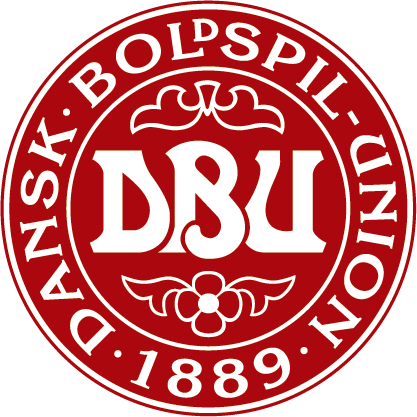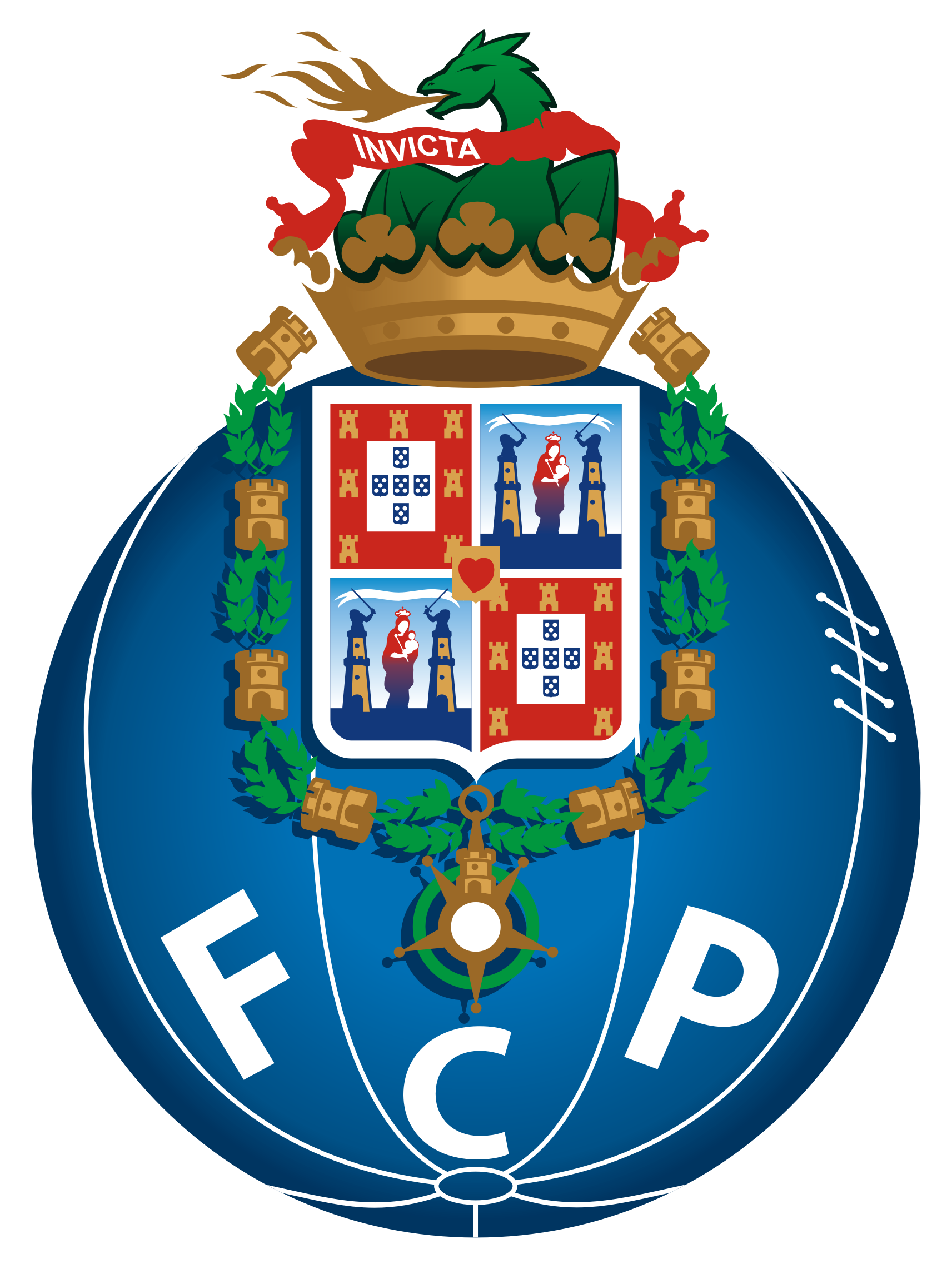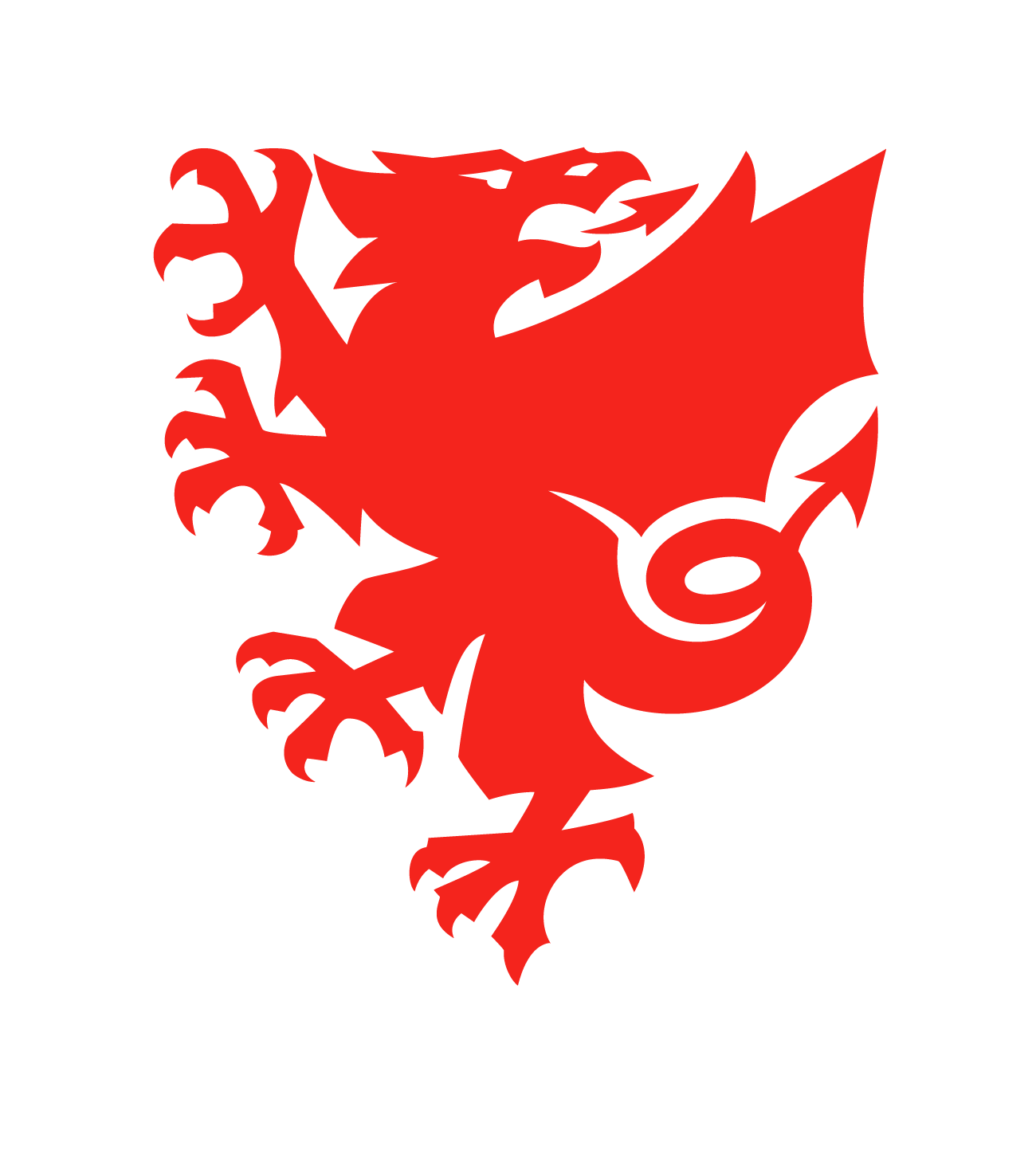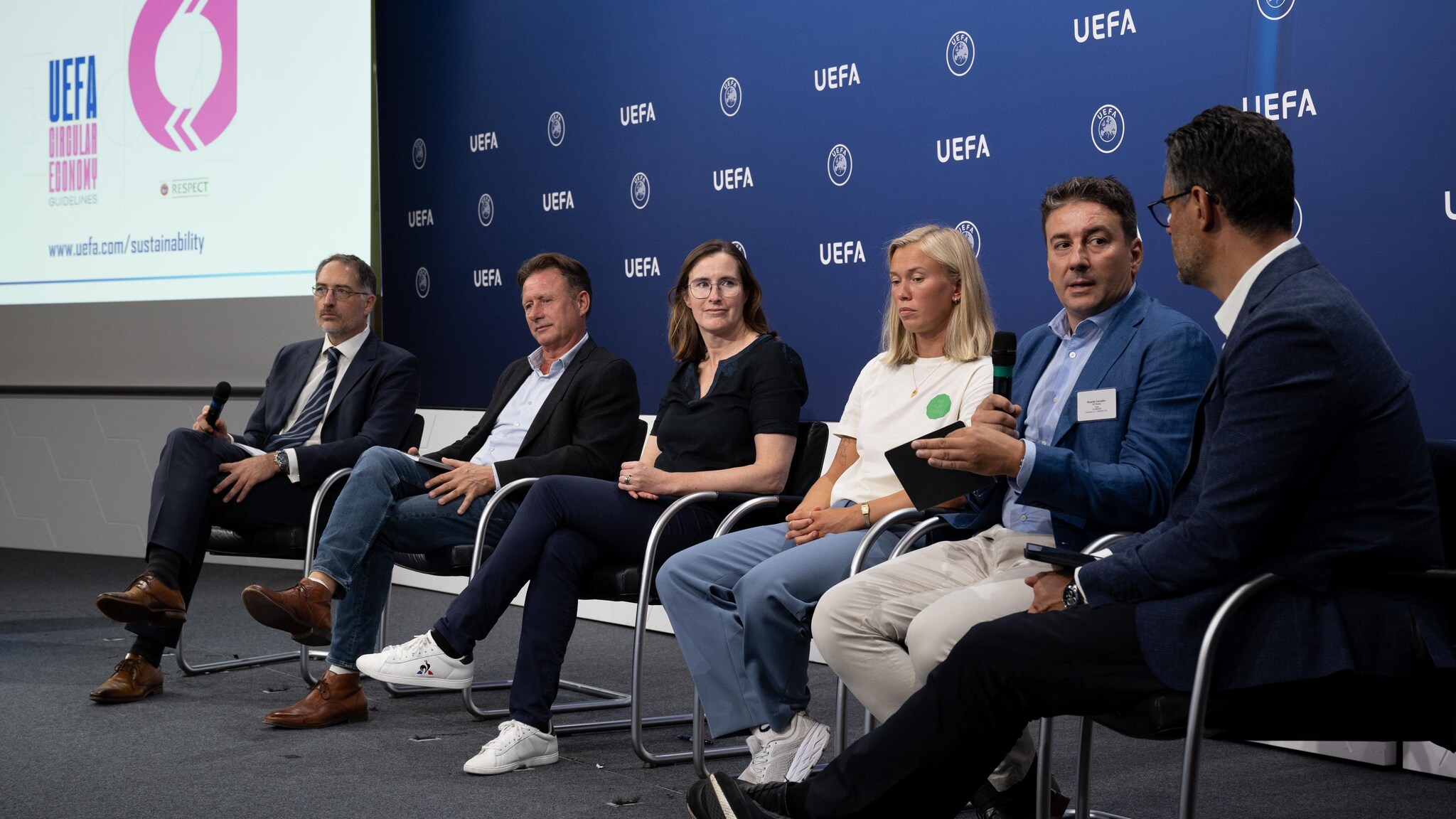FC Porto
Danish Football Association and FC Porto present at UEFA’s launch of its Circular Economy Guidelines
The guidelines are a part of UEFA’s Football Sustainability Strategy 2030 and were unveiled with a panel discussion on the topic with the Danish Football Association and FC Porto being present as panellists.
On 7 September 2021, UEFA unveiled its Circular Economy Guidelines in conjunction with Zero Waste Week and the launch of the UEFA Football Sustainability Strategy 2030 – titled ‘Strength Through Unity’ – earlier this year.
The overarching strategy contains 11 policies, one of which focuses on circular economy, and the launch of the guidelines on that topic featured panel discussions between experts in the field from across the European football, political and corporate spectrum.
In the UEFA context, circular economy refers to the optimisation of the consumption and life cycle of products, most notably food, packaging and branded items throughout UEFA operations and events. The organisation’s 2030 ambition is to embed the so-called ‘4R approach’ – built around reducing, reusing, recycling, and recovering – in all operations to minimise the impact of football on the environment and drive resource efficiency and cost savings.
The guidelines include three sections: an introduction to the circular economy concept and the 4R framework; best practice and factsheets in the food and beverage domain by various football stakeholders (created with the support of UEFA’s commercial partner PepsiCo); and an outlook into forthcoming circular economy focus areas – energy and water, apparel and football equipment, and event materials (signage, brand production and furniture, and IT equipment).
Michele Uva, UEFA football & social responsibility director said: “The circular economy is an important pillar of UEFA’s Football Sustainability Strategy 2030. Collaborating with PepsiCo and several European clubs to assess aspects of circularity in food and beverage was instrumental in the development of the UEFA guidelines. I look forward to seeing these guidelines translated into tangible actions within UEFA, across UEFA events and collaboratively across European football to help us achieve our aspirational targets around zero plastic waste and food waste.”
The guidelines will help national associations, leagues, clubs, sponsors, event organisers and other football stakeholders start the journey towards hitting those targets by 2030.
Circular economy practices were tested last season with several clubs that participated in the UEFA Champions League, which led to the creation of a database of best practices and the formation of a consultation group among clubs to share knowledge and discuss common challenges, and a feasibility analysis.
The panel discussions, which included Anders Kjaer, the FSR manager at the Danish Football Association and Ricardo Carvalho, the sports facilities & asset manager at FC Porto, focused on circular economy from a strategic angle, highlighting the opportunities for collaborative solutions in the European football landscape as well as the challenges and opportunities around implementing the guidelines across football stakeholders.
Emmanuelle Maire, head of unit for circular economy, directorate general for environment at the European Commission shared his impressions: “We welcome the launch of the UEFA circular economy guidelines. We encourage clubs, national associations, players and supporters to reduce their environmental impact by taking concrete actions such as reducing food and plastic waste, separating waste, using reusable products or buying green with the EU Ecolabel. We very much look forward to the UEFA’s forthcoming measures to reduce energy and water use. Together, we can unite our efforts and drive the transition to a sustainable and circular economy.”
Source: UEFA
















